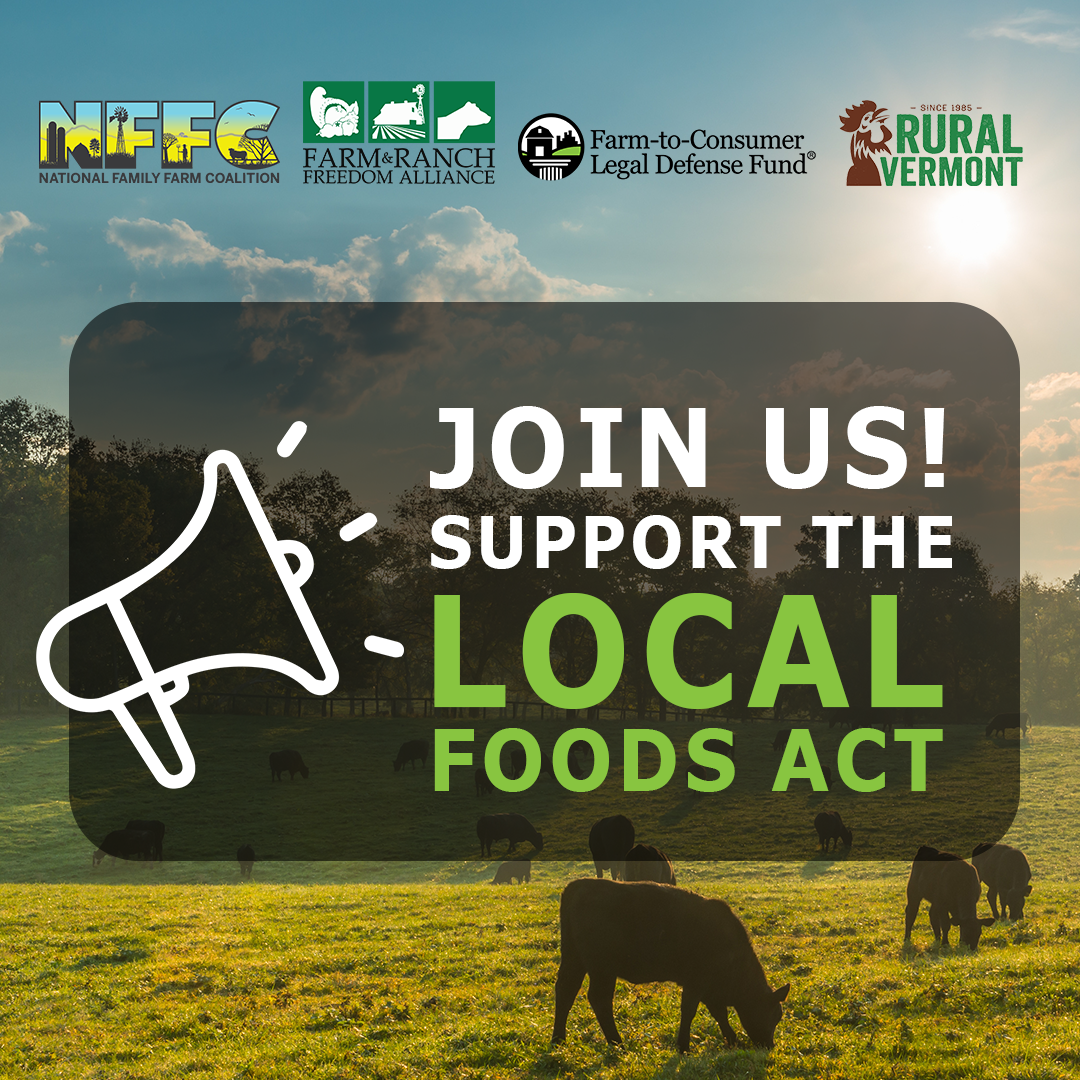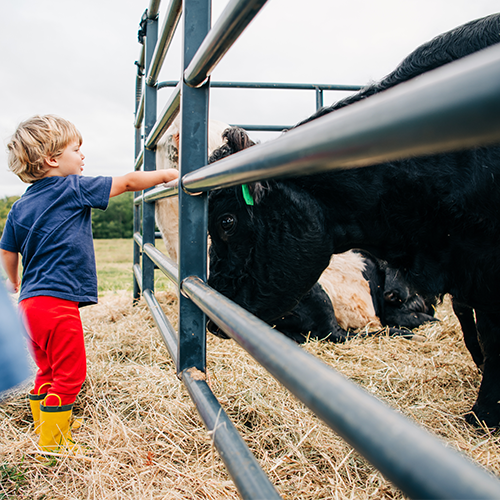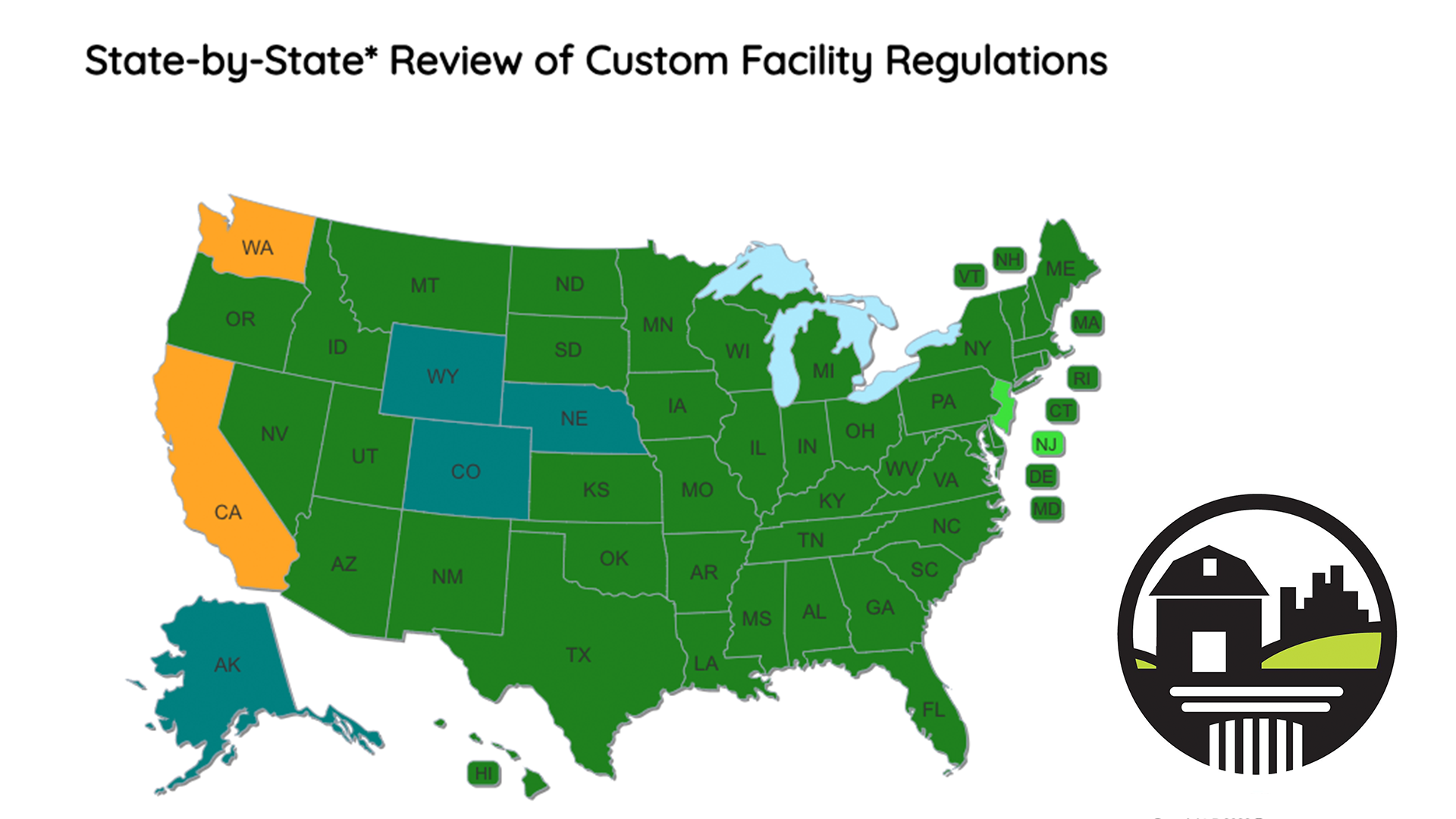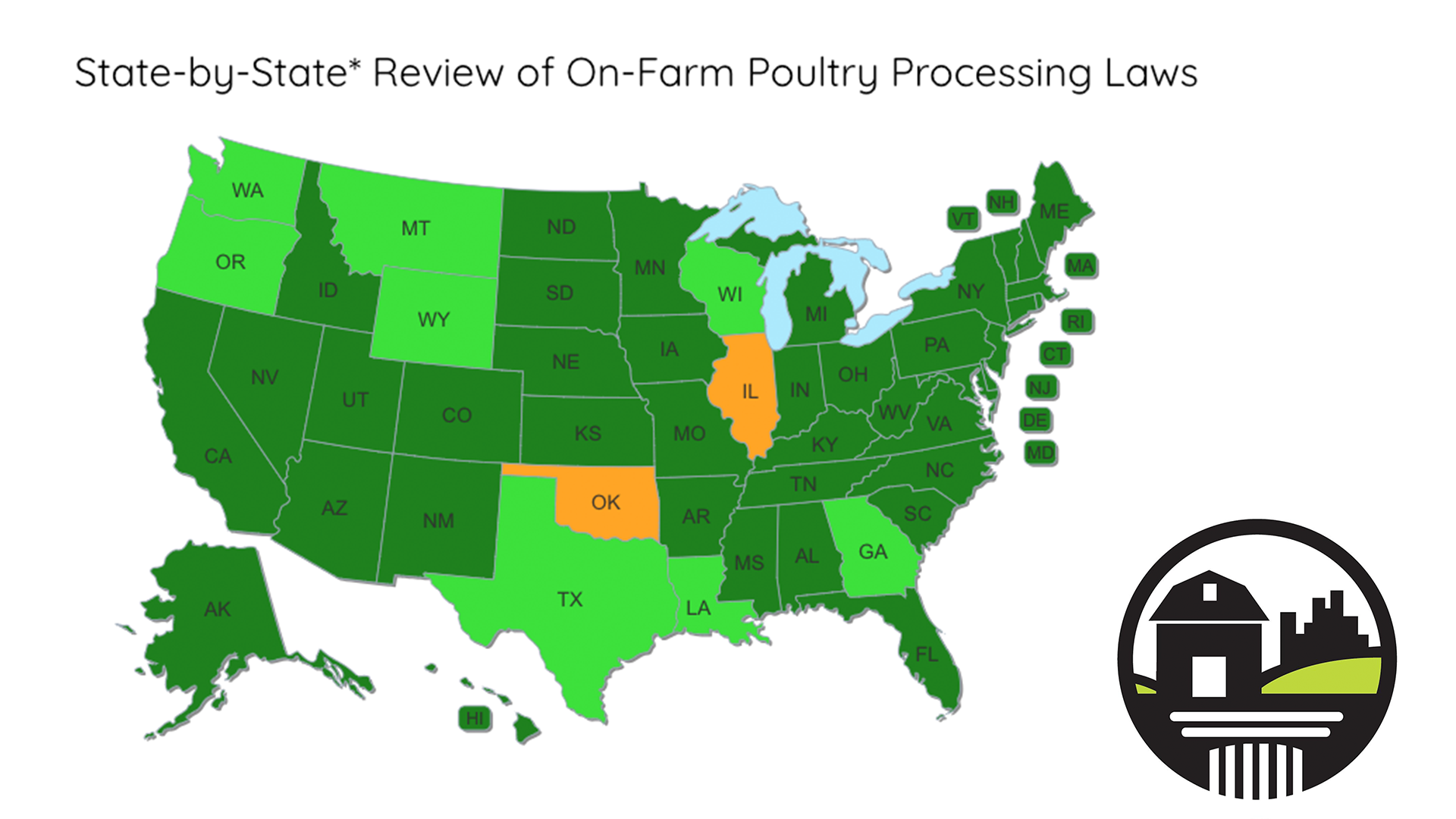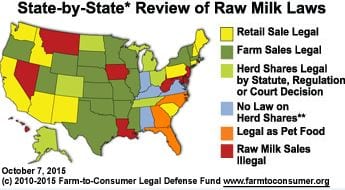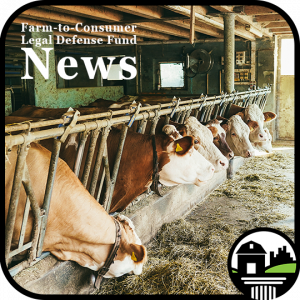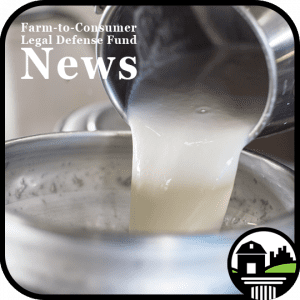We’ve teamed up with the National Family Farm Coalition, Rural Vermont, and the Farm and Ranch Freedom Alliance to advocate for the LOCAL FOODS Act, which benefits independent livestock producers, consumers, and rural economies.
Read on to learn more about this important legislation or click below to take action now.
Be sure to change the subject line and personalize the text of the letter! Otherwise, it may be viewed as a form letter and not counted individually.
What Is the LOCAL Foods Act?
The bipartisan and bicameral LOCAL Foods Act of 2025 was introduced in the Senate (S. 1212) by Senators Peter Welch [D-VT], Bernie Sanders [I-VT], Mike Lee [R-UT], and Martin Heinrich [D-NM]. It was introduced in the House (H.R. 5341) by Representative Eugene Vindman [D-VA], and co-sponsored by James R. Baird [R-IN], Michael Cloud [R-TX], Lauren Boebert [R-CO], and Suhas Subramanyam [D-VA].
A major challenge for meat produced in the U.S. is that federal inspection facilities are few and far between.
The LOCAL Foods Act clarifies the Federal Meat Inspection Act (FMIA), which exempts meat intended for personal use from the requirement for federal inspection.
The Act makes clear that livestock owners can legally have their animals slaughtered on the farm or ranch by the person of their choice for their personal and household use.
This would allow consumers to purchase livestock from a local farm or ranch, and then designate an agent to slaughter and process their meat.
This bill would protect a safe and longstanding direct-to-consumer pathway that supports resilient local meat supply chains, sets clear rules for farmers, and provides consumers with more food options.
For a more detailed explanation of the personal use exemption and how this bill would update it, we recommend this one-pager from our friends at National Family Farm Coalition.
Be sure to change the subject line and personalize the text of the letter! Otherwise, it may be viewed as a form letter and not counted individually.
Who Does the LOCAL Foods Act Benefit?
By defending and clarifying the legality of on-farm slaughter, the LOCAL Foods Act supports resilient local meat supply chains, gives producers the business security they need with more transparent regulations and consistent enforcement, and allows consumers to have more food choices.
Take Action to Support the LOCAL Foods Act!
email your legislators
To quickly email your federal legislators, click below to go to the National Family Farm Coalition’s easy-to-use action page.
Be sure to change the subject line and personalize the text of the letter! Otherwise, it may be viewed as a form letter and not counted individually.
call your legislators: talking points
Tell your legislators they should sponsor the LOCAL Foods Act because it…
Clarifies the Federal Meat Inspection Act’s “personal-use exemption”
- Updates outdated language in the FMIA
- Ensures that the statute explicitly recognizes people’s rights to purchase animal shares and to choose who processes the animal for their personal use
Ensures on-the-ground practitioners have planning security
- Itinerant (traveling) slaughterers are professionals who perform on-farm slaughter in a way that is humane for the animals and safe for farmers and livestock owners (consumers)
- Farmers selling livestock for on-farm slaughter, itinerant slaughterers, and custom processors need certainty rather than potentially shifting USDA guidance and informal policies
Defends & Affirms State-Level Regulations for On-Farm Slaughter
27 states allow for on-farm slaughter based on the personal use exemption, but their laws are threatened if USDA chooses to change its interpretation of the statute as currently written
8 states already have passed on-farm slaughter laws to define animal shares, set standards for the process and setting, including standards for humane methods of slaughter, as well as to set processing limits per farm and year, and to create systems of traceability such as reporting requirements
Other Resources
- H.R.5341: Bill text in the House of Representatives
- S.1212: Bill text in the Senate
- Fact sheet about on-farm slaughter from National Family Farm Coalition
- Red Meat Map: FTCLDF’s overview of state laws nationwide regarding the personal-use exemption
FAQ: LOCAL Foods Act
Below are answers to frequently asked questions about the LOCAL Foods Act, courtesy of our friends at Rural Vermont.
Are the bill texts of S.1212 and H.5341 identical?
Yes, they are! We hope that increases the chances of this proposal to win support in both chambers.
What parts of the bill are new law vs. clarifying law?
To uplift standing USDA guidance into the letter of the law can be seen as a clarification of the law.
USDA currently allows the owners of livestock to utilize on-farm slaughter services.
The change introduced by the LOCAL Foods Act would be explicitly allowing these owners to hire a professional agent to perform the act of slaughter instead of doing it themselves.
What is the role of the states?
Ultimately on-farm slaughter is a matter of the “police powers” of the states because of their right to regulate and protect “health, safety, and general welfare” within their own jurisdiction. This power includes the ability to create and enforce food safety regulations.
Currently, eight states passed on-farm slaughter laws to define animal shares, set standards for the process and setting, including standards for humane methods of slaughter, as well as to set processing limits per farm and year, and to create systems of traceability such as reporting requirements.
A total of 27 states allow for on-farm slaughter by either referring to USDA Guidance or through passing laws in alignment with the federal law. There are a number of states that currently don’t allow for on-farm slaughter.
To see what’s allowed in each state, refer to FTCLDF’s Red Meat Map.
What about food safety concerns?
Food safety is paramount and should be of utmost importance to anyone handling food.
On-farm slaughter is an ancient practice that’s been conducted legally and safely by communities nationwide, following the Codes of Federal Regulations, for more than a century. That doesn’t rule out bad actors, but the known cases of food borne illnesses from on-farm slaughter are low.
The passage of the LOCAL Foods Act would create opportunities to better support beginning meat processing professionals with programmatic training that includes methods of humane handling and technical support for becoming successful stewards of food safety.
